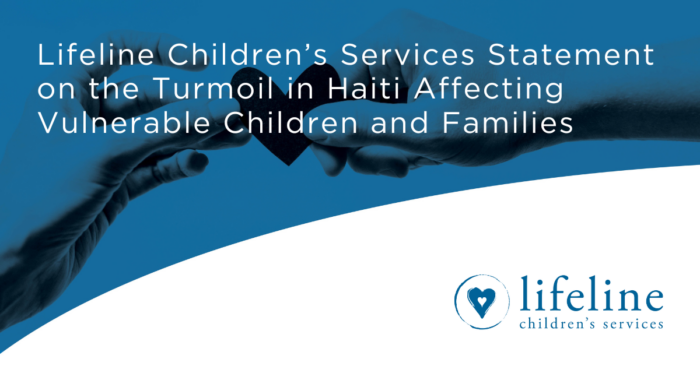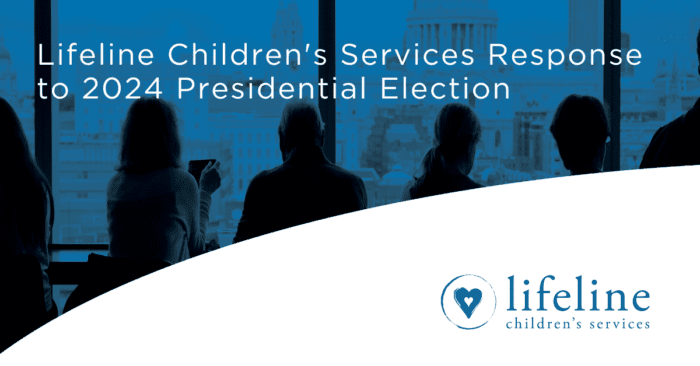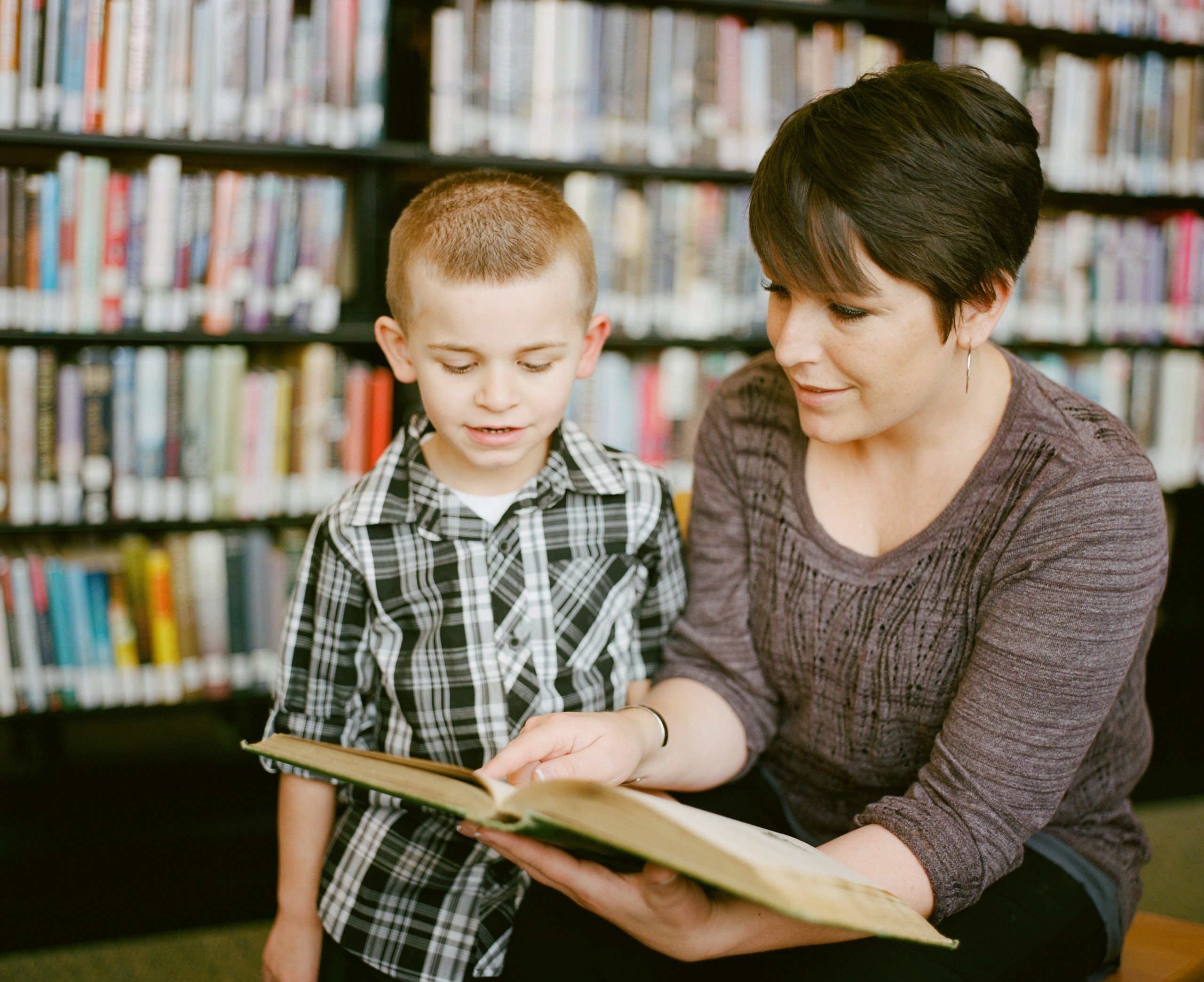By Ann Maura Hinton, Lifeline Education Specialist
The words “back to school” can evoke strong feelings in both parents and children. Parents and students may feel excitement or relief to get back to the routine of school, but they may also feel an impending sense of dread and frustration.
As a teacher, I loved preparing for the first day of school; however, as the mom of a child who struggled, I was fearful. I would spend the summer praying for the “right” teacher, for my daughter to have confidence and grit, and for direction for all of us. As a parent who loves learning, I also prayed that she would somehow find joy in the learning process. Try as I might to get off on the right foot, inevitably, each new school year brought trepidation as we would start a new round of efforts to help our daughter.
Year after year, we would spend time and money attempting to understand how to “fix” our daughter’s learning differences. As a special educator, I was cautious of labels and testing and wondered at times how they could help my child’s challenges. I came to realize that most parents of kids with cognitive challenges share these same fearful and curious thoughts yet without the insight that my job afforded. My training and experience helped me understand how testing can help dissipate some fear by assisting parents in making sense of how to advocate for their children to receive appropriate help. Still, I also realized that “the system” was not structured in a way to give parents what they need to fill this role for their children.
So, as you launch into another school year, here are a few things to keep in mind as you seek an educational evaluation for your child:
First, there are many reasons why an educational evaluation may be appropriate for your child. School systems use some evaluations to determine eligibility for special services for students. An evaluation is the first step to getting your child specialized services that contribute to better learning outcomes. Individual teachers use other evaluations to determine academic placement. Other specialists may use assessments to diagnose a particular disability that may be hindering your child’s learning. As a parent, knowing the reason behind an evaluation will help you determine if the evaluation is necessary and if it will be helpful to your child. Merely knowing the “why” will go a long way toward giving you the ability to be your child’s advocate.
Second, testing falls into two broad categories: formal evaluations and informal screenings. Formal evaluations are standardized measures that assess what and how a child has learned and a child’s capacity to function. In contrast, informal assessments are based on observation and performance rather than data-driven measures. They can assist families and educators in identifying students’ strengths and weaknesses. Understanding the end goal of an evaluation will help you and your support team determine what kind of assessments your child needs.
Third, assessments are tools to collect helpful information, but their results don’t define our kids. As an image-bearer of God, I wanted my daughter to be the person God created her to be. Specific assessments helped me see how my daughter’s brain worked. With that knowledge, we were able to create a plan to strengthen our daughter’s cognitive skills. We can use the information from evaluations as a guide to build programs and equip teachers, children, and families with tools and strategies to strengthen the cognitive skills that impact a child’s development. The ability to gain these insights and make plans around them led Lifeline to begin Bridge Educational Services.
Bridge Educational Services can provide an informal educational screening to help you navigate your child’s educational journey and offer your child tailored cognitive development opportunities and tutoring. We will walk beside you to interpret the assessments and make plans that empower you to advocate for goals and objectives in your child’s education plan at school.
Most of all, we want you to know that you are not alone in this journey. We are here to help you cross the bridge from frustration to hope. For more information about how Bridge can serve your family, please reach out to Bridge Educational Services at lifelinechild.org/bridge.
Ann Maura Hinton serves as Lifeline’s Education Specialist. She has 25 years of teaching experience in various classroom settings. She is a certified Cognitive Developmental Therapist and has earned her master’s and an undergraduate degree in Special Education.
This article first appeared as a resource in the Fall 2021 edition of Journey, Lifeline’s bi-annual alumni magazine. You can read the full edition here.




